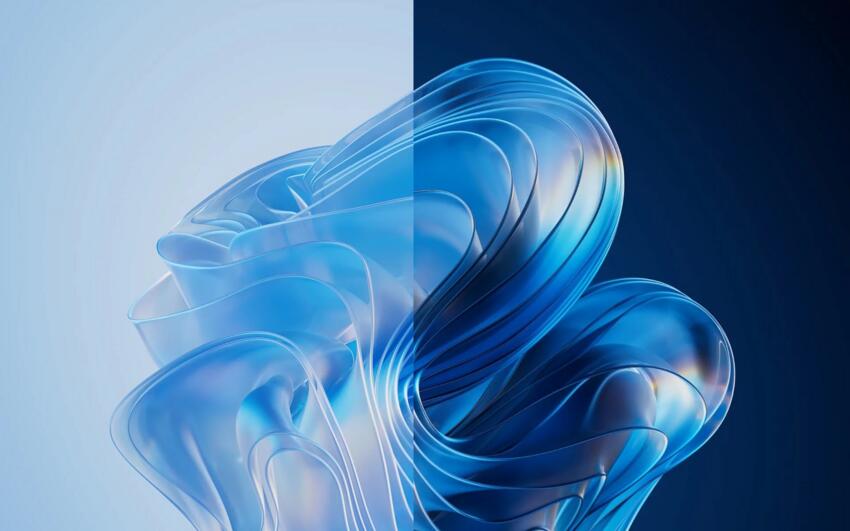In a bold move that echoes Microsoft’s recent calls to ditch Windows 10, Taiwanese tech giant Asus is now recommends moving to Windows 11, urging users to do so as soon as possible. With Windows 10 approaching end of support - October 14, 2025, when Microsoft will stop releasing new features and free security updates - pressure is mounting on businesses and consumers to move to the next generation of computing.
Advertisеment

The Copilot Era: Looking to the Future
Asus sees the future of computing tied directly to Copilot, Microsoft’s AI-powered assistant designed to boost your productivity. To support this vision, the company has introduced several devices powered by neural processing units (NPUs) that meet the hardware requirements for Copilot+ PCs, a category of machines optimized for AI-driven tasks. These devices promise unrivaled performance and efficiency.
But there’s a catch: They remain a niche segment, capturing only a small portion of the Windows 11 market. What’s more, Copilot+ PCs come with a hefty price tag, often far exceeding entry-level or mid-range laptops.
Asus noted that if your current laptop isn’t ready for Windows 11 or Copilot+, now is the time to upgrade to a device designed for it. The message is clear: The era of clinging to legacy systems like Windows 10 is over, and the way forward is through adopting cutting-edge, future-proof technologies.
Why Windows 11 Is Worth Upgrading
Asus joins Microsoft in touting the myriad benefits of Windows 11 that go beyond just security updates. The operating system boasts a more intuitive design with an elegant Start menu, personalized widgets, and secure sign-in options via Windows Hello. These features, along with improved multitasking tools and seamless integration with modern apps, position Windows 11 as a significant step up in user experience.
Microsoft itself has been vocal about this transition, recently listing seven compelling reasons why users should move away from Windows 10. Among them are improved productivity tools, better performance, and the ability to harness the full potential of AI-powered innovations like Copilot. In fact, Microsoft doubled down on its messaging in April, releasing a full-screen banner update for older Windows 10 devices, pushing users to buy new hardware that can run Copilot+ PCs.
While the move to Windows 11 and Copilot+ PCs represents a bold step into the future, it also highlights a growing affordability gap. High-end devices equipped with NPUs and optimized for AI workloads may be out of reach for many budget-conscious users. But both Asus and Microsoft insist that upgrading isn’t just a way to keep up with the times, it’s a way to stay ahead in a rapidly changing digital landscape.
For those still relying on Windows 10, the clock is ticking. Microsoft has made it clear that support for the aging operating system will end in less than 18 months, leaving users with no choice but to adapt. The tech giant is aggressively steering its audience toward Windows 11, not only by cutting off updates and security patches for Windows 10 but also by enforcing new AI-driven features like Copilot that are incompatible with older systems.
This push isn’t just about encouraging an upgrade - it’s about forcing users to adopt technologies they may not have asked for. With Windows 11 now positioned as the default platform for these mandatory advancements, users are left with little room to opt out. As Asus bluntly points out, sticking with outdated hardware or software is no longer viable. The message is obvious: Microsoft is moving on, and users must either keep up or face the consequences of being left unsupported and disconnected from the evolving tech ecosystem.
Will you make the move?
Support us
Winaero greatly relies on your support. You can help the site keep bringing you interesting and useful content and software by using these options:

“The era of clinging to legacy systems like Windows 10 is over, and the way forward is through adopting cutting-edge, future-proof technologies.”
Ahahahahaha. Modern PCs will be anything but future-proof if we allow Microsoft and OEMs to get away with treating PCs like mobile phones with 3 year life cycles.
I feel some big tech companies starting to showcase and embrace AI technology, but some it scarcity to replace talented humans with AI, which sometimes in a decimal point have perfections. Even Microsoft’s OEM partners (HP, Dell, Lenovo, Asus, etc.) marketing more on Copilot+ PC machines, even some refuses to upgrade to Windows 11.
this is nothing more then the big bully (mircosoft) finding out the people have seen the lies and B.S of the big bully and they don’t like what they have seen and heard in which now they not believing any of the bully’s B.S anymore, so the bully has to be friend 3rd party company’s and make nice up front ( lie thru there teeth ) and behind closed doors find out how the companies run and there secrets how they do things (software and programming.. example.. amazon !) then processed to screw and threaten them then leave them broken ! don’t be surprised when this happens to ASUS like all the others follow the trail of broken 3rd party companies the whole internet is broken because of Mircosoft Bullying and monopoly tactics … watch this post will be taken down because of them in one way or other because its true